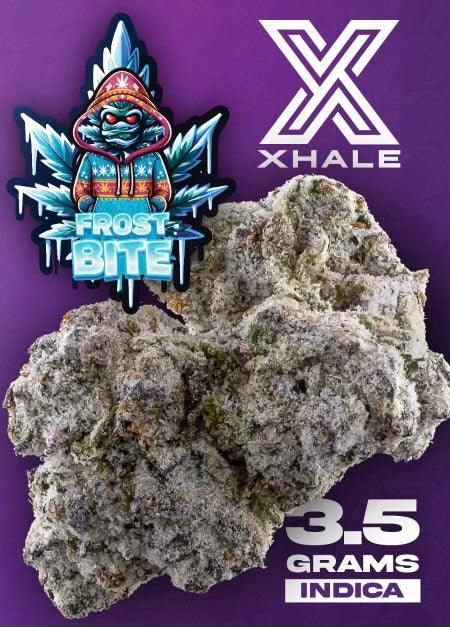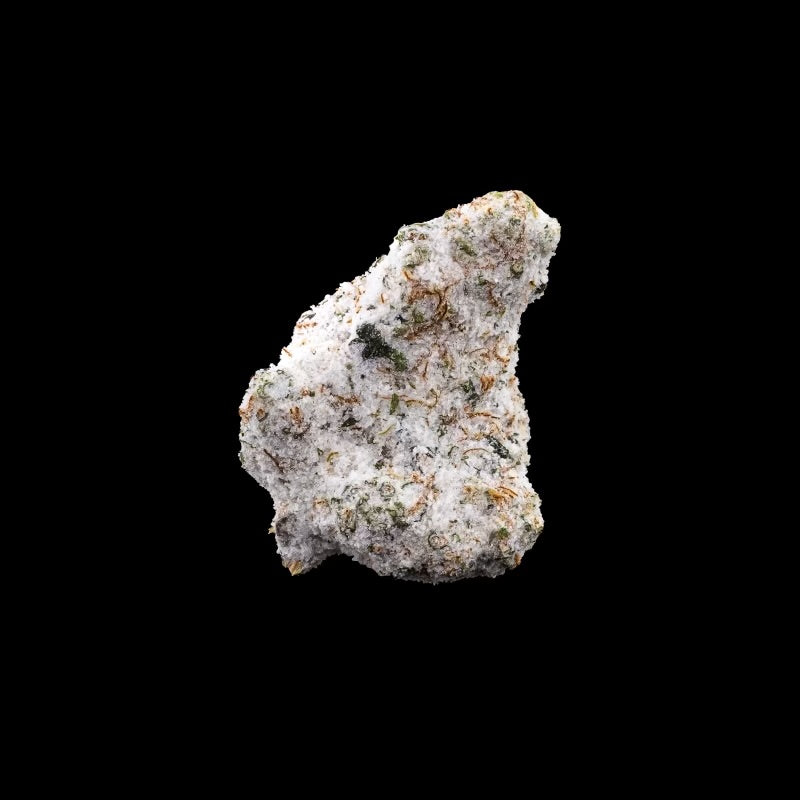
How Long Does THCA Stay in Your System? Unveiling the Science
In the ever-expanding universe of cannabis compounds, THCA holds a unique position. As the non-psychoactive precursor to THC, the compound responsible for marijuana's high, THCA (Tetrahydrocannabinolic acid) is often discussed in the context of health benefits and legal status. But one question that frequently arises among users and enthusiasts is: how long does THCA stay in your system? This question is not just of academic interest but has practical implications for drug testing, medicinal use, and legal considerations.

Understanding THCA
THCA is found in the raw cannabis plant, where it serves as the acidic precursor to THC. Unlike THC, THCA does not produce psychoactive effects. It is only when decarboxylated—through drying, curing, or applying heat—that THCA converts into THC. This conversion is central to understanding how and why THCA might be detected in the body.
The Metabolization of THCA
When consumed, THCA undergoes a transformation process. If heated (as in smoked or vaporized cannabis), it converts to THC before entering the body. However, when consumed in raw forms, such as in juices or salads, it enters the body as THCA. Once inside, THCA is metabolized by the liver into various compounds, but its direct metabolites are different from those of THC.
Detection of THCA
Drug tests commonly look for THC metabolites, not THCA itself. Standard urine tests detect THC-COOH, a metabolite of THC, indicating recent use of psychoactive cannabis. However, specialized tests capable of detecting THCA are less common and typically not used in standard drug screening due to THCA's non-psychoactive nature.
Factors Influencing Detection Times
Several factors can influence how long THCA (or its markers) can be detected in your system, including:
- Frequency of Use: Regular users may find that THCA and its metabolites linger longer in their system compared to occasional users.
- Metabolism: Individual metabolic rates can significantly affect how quickly substances are processed and eliminated from the body.
- Body Fat: THC and its precursors are lipophilic, meaning they are absorbed into fat tissues, potentially extending detection times in individuals with higher body fat percentages.
- Consumption Method: The form in which cannabis is consumed (raw, smoked, vaporized) can influence the presence and detectability of THCA and THC in the body.
How Long Can THCA Be Detected?
For most standard drug tests focusing on THC-COOH, THCA's presence is somewhat irrelevant. However, in tests specifically designed to detect THCA, detection windows can vary. Since direct research on THCA detection times is limited, it's challenging to provide specific timelines. Generally, metabolites of THC can be detected in urine for up to 30 days after consumption, depending on the factors mentioned above. For THCA, without conversion to THC, it's plausible that detection times could be shorter, given its quicker metabolism and elimination.
Implications for Drug Testing and Legal Concerns
Understanding the nuances of THCA detection is crucial for individuals subjected to drug testing, particularly in regions where cannabis legality is a complex landscape. It's important to note that while THCA is legal in some jurisdictions, the consumption of cannabis in any form may still be subject to legal scrutiny.
Navigating Consumption and Testing
For those using cannabis for medicinal purposes, particularly in forms high in THCA, being aware of consumption methods and their implications for drug testing is essential. Opting for raw cannabis consumption might reduce the risk of testing positive for THC metabolites, but the potential for THCA detection, though rare, exists.
Conclusion: A Complex Landscape
The question of how long THCA stays in your system is intertwined with factors like metabolism, frequency of use, and the method of cannabis consumption. While THCA itself is non-psychoactive and less commonly targeted in drug screenings, its presence and conversion to THC underline the complex interplay between cannabis compounds and our bodies. As research evolves, so too will our understanding of these compounds, offering clearer insights into their detection, effects, and therapeutic potential.
For individuals navigating the legal and health landscapes of cannabis use, staying informed about these nuances is key. Whether for medicinal purposes, personal well-being, or compliance with drug testing requirements, knowledge about compounds like THCA empowers users to make informed decisions about their consumption practices.




